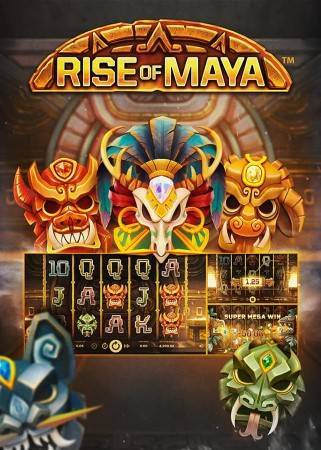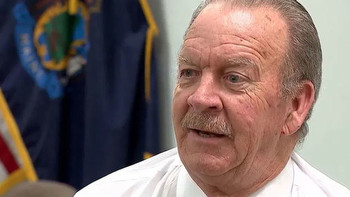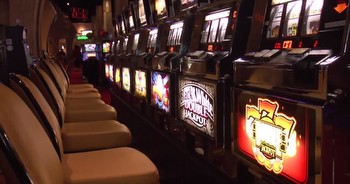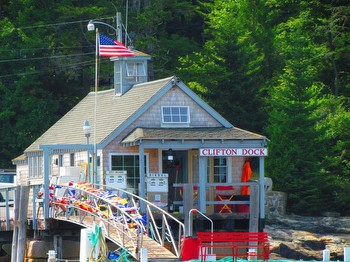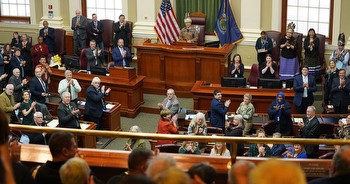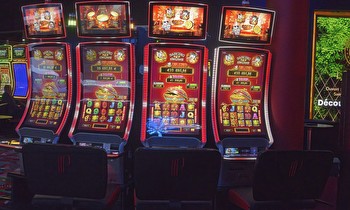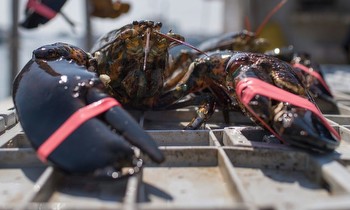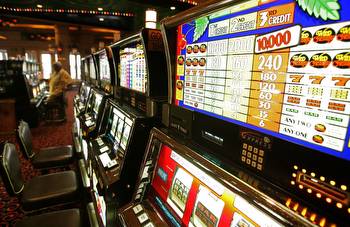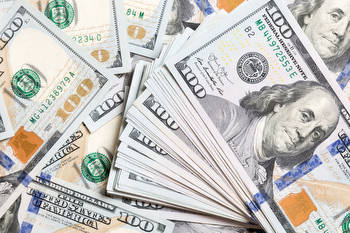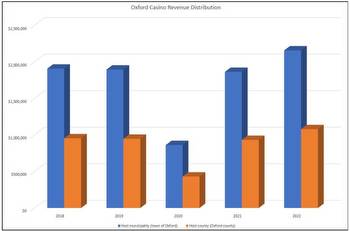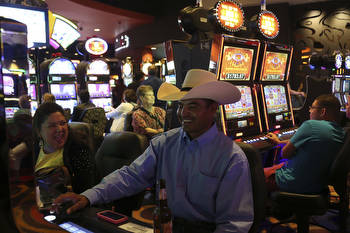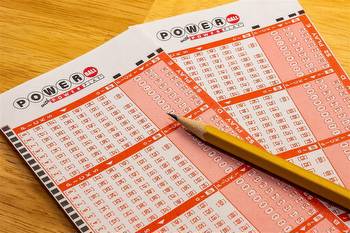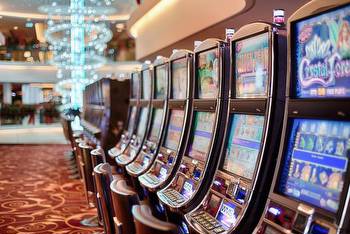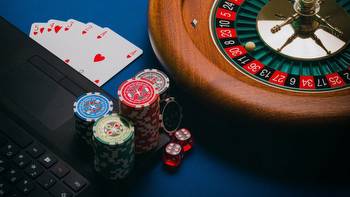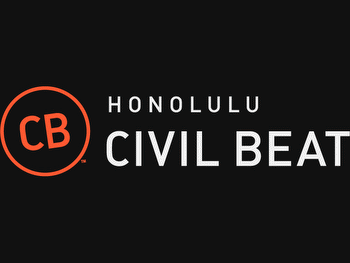For better or worse, 20 years ago Mainers legalized casino gambling

Twenty years ago this week, 53 percent of Maine voters in the 2003 election legalized slot machines in Maine, through the creation of a “racino” connected to Bangor’s Bass Park harness racing track.
Today, nearly all forms of gambling are legal in Maine, including sports betting, which went live last week. You can play slot machines and table games at casinos in Bangor and Oxford; you can bet on horse races and sports games; and you can play the lottery, both state-run and national.
But 50 years ago, gambling beyond on-site betting at race tracks — even the lottery — was illegal in Maine. In fact, aside from Nevada, from the 1890s until the 1970s, nearly every form of gambling aside from horse and dog racing was illegal almost everywhere in the U.S.
How did public opinion about gambling in Maine manage to change so quickly? And did the rollout of legalized gambling bring the financial boost to the state that its supporters promised 20 years ago?
For the majority of its history, gambling in the U.S. was relegated to underground clubs, to riverboats that plied the Mississippi River, to party towns like Galveston, Texas, or to gambling palaces in semi-lawless frontier towns like Dodge City, Kansas. Among the only legal forms of gambling was parimutuel betting on horse racing, which became legal in many states in the 1930s as a less risky, easier to regulate form of betting.
In quiet, respectable Maine, with its Yankee sensibilities of frugality and modesty, such irresponsibility with money was out of the question — and yet, police in cities like Bangor and Portland would still occasionally break up small-scale gambling operations.
Opinions about gambling would start to change in the 1960s, when New Hampshire created the first state lottery in 1964. It was a controversial decision, opposed by federal agencies, the church and even by the mafia, with its lucrative illegal gambling rackets. But when the first lottery tickets were pulled in July 1964, New Hampshire had already made $5.7 million — around $56 million in 2023 dollars. Within the next decade, 12 more states would create their own lotteries.
In 1974, the Maine Lottery was created after being approved at referendum, followed in 1985 by the Tri-State Megabucks, the country’s first multi-state lottery for Maine, New Hampshire and Vermont. As of 2023, only five states don’t have lotteries — Nevada, Utah, Alabama, Alaska and Hawaii.
Lotteries are a relatively low-risk form of gambling. Other, more high-stakes forms also began to be legalized. In 1974, Maine came to an agreement with the Wabanaki tribes to allow them to operate high-stakes bingo parlors. Then, in 1991, off-track betting parlors were legalized in Maine, with the first one opening in Waterville in 1993, followed by Bangor’s in 1994, at Miller’s Restaurant.
The big hurdle, however, was to allow casinos in Maine. Prior to 1989, only two states allowed casinos: Nevada and New Jersey. Between 1989 and 1996, that rapidly changed, as nine more states legalized casinos. Starting in 1988, sovereign Native American nations also began to operate casinos on tribal lands, as part of the federal Indian Gaming Regulatory Act.
The measure first came before the legislature in 1993, when a bill to allow the Passamaquoddy tribe to open a casino in Calais was floated. The bill did not pass, and similar bills were shot down in 1994, as well as a referendum on tribal gaming in 2003. Many more have also since been voted down. State lawmakers have said the Maine Indian Land Claims Settlement Act of 1980 is the reason for those measures not passing, which subjects the tribes’ lands to state law, and excludes the Indian Gaming Regulatory Act from applying in the state.
But casino gambling would still come to Maine, in the form of the other 2003 gambling referendum, which allowed slot machines at racetracks. In local referendums, Scarborough did not vote to allow slot machines at the Scarborough Downs racetrack, while Bangor voted in favor of allowing slot machines at Bass Park, leaving it as the only city in the state with a casino.
Instead of the state’s gambling being controlled by its tribes, national gaming companies would run them. Hollywood Slots, a chain of casinos operated by Pennsylvania-based Penn Entertainment, opened a temporary Bangor facility at the former Miller’s Restaurant in 2005. In 2007, it moved into a new, permanent facility just down the street — across the street from Bass Park, where the off-track betting parlor was also relocated.
In 2010, after a failed referendum in 2007, voters narrowly approved a second Maine casino in Oxford County. The following year, table games were approved by the legislature, and Hollywood Slots changed its name to Hollywood Casino.
Like it or not, gambling is, as of 2022, a $165 million industry in Maine, and generates $64 million in tax revenue for the state, which helps fund things like education and economic development.
And with sports betting now legal, Maine’s tribes will finally see some revenue from gambling, after decades of being shot down in the legislature and at the ballot box. Maine’s four federally recognized tribes control the larger mobile sports betting market, while the in-person side is operated by casinos and off-track betting parlors.
Half a century ago, the idea of fully legalized gambling in Maine was nearly unthinkable. Today, you can do just about anything — from an afternoon playing slots or blackjack in Bangor or Oxford to buying scratch tickets or Powerball at your local gas station to betting on this weekend’s Patriots game from your phone.







